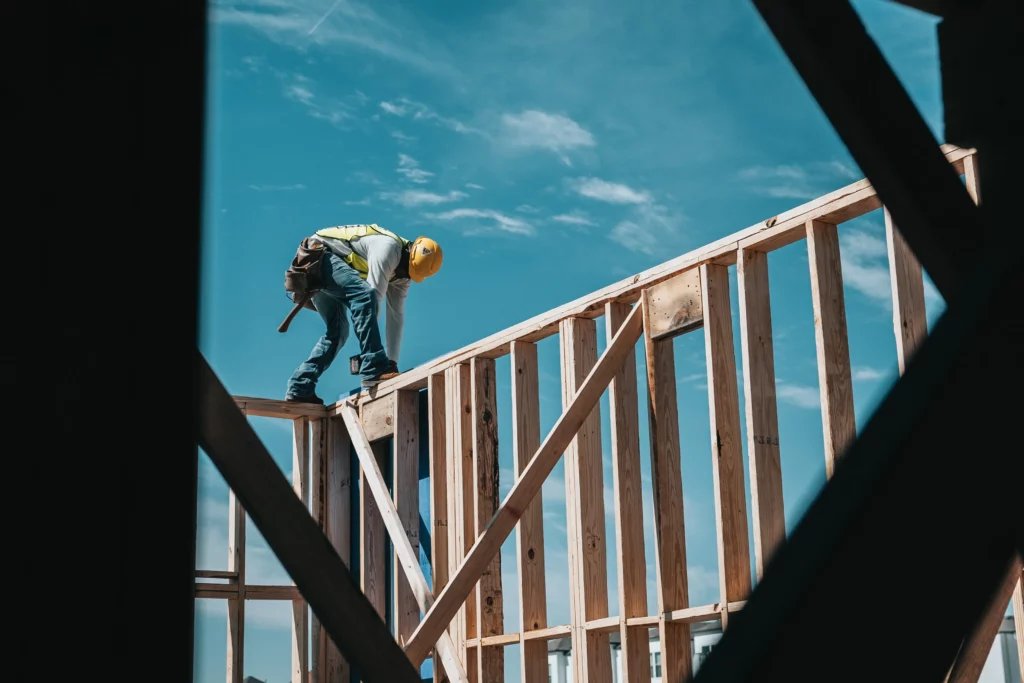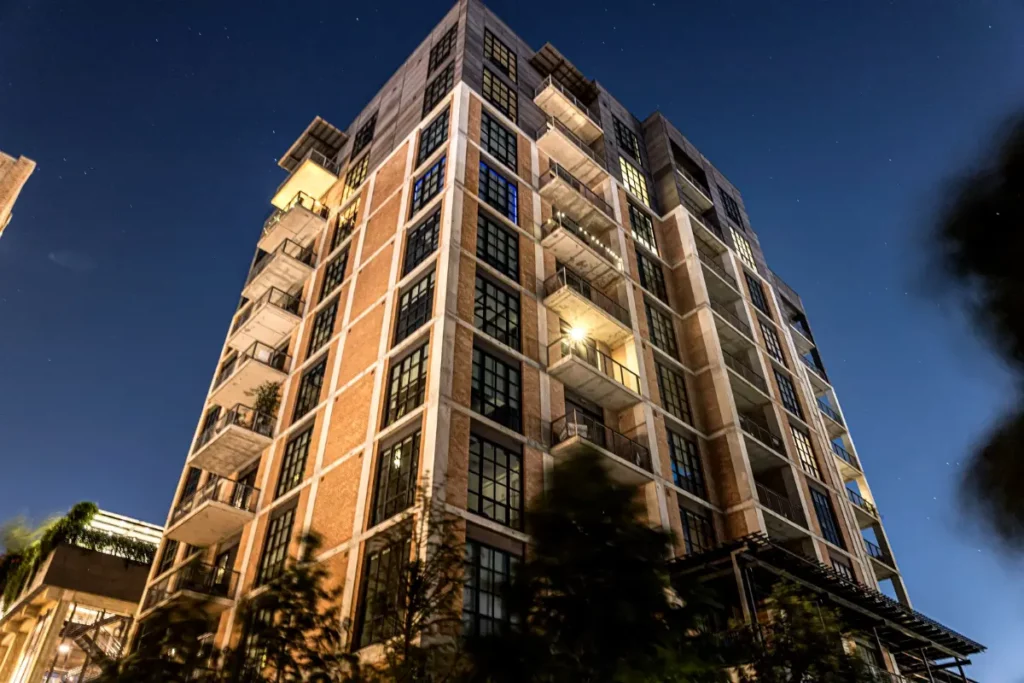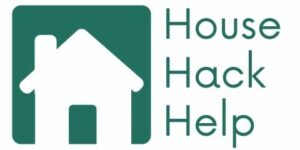Local zoning restrictions, laws, and building codes vary across municipalities and may interfere with your ability to house hack. This article outlines the various zoning restrictions that house hackers should watch out for.
Zoning Laws Against House Hacking
Before you choose a property to house hack, be sure to read up on the city’s zoning laws and confirm that your operation won’t violate any local restrictions. Running into legal trouble is the last thing you want when setting up your house hack.
Multi-Family vs. Single Family Zoning
For instance, some local ordinances restrict the presence of multi-family housing. If you’re thinking of converting a single family home into a multi-family property, make sure that you’re not buying in an area that is zoned exclusively for single-family, detached houses.
House hackers can easily avoid these zoning issues by buying a duplex or a triplex in an area where multi-family housing already exists. You may run into trouble trying to add units to a home in an area predominantly occupied by single-family houses.
Zoning can get confusing, so it’s worth talking it over with a local zoning attorney to see what you options are. Some localities might grant a variance to their zoning code for a particular property, so you still might be able to add a unit even if something is technically zoned exclusively for single family.
Short-Term Rentals
It is also increasingly common for localities to place restrictions on short-term rentals. If you plan to rent out one of your units for less than 30 days, or you’re using a vacation rental service like Airbnb, these laws could interfere with your house hack.
Local Building Codes
Building codes are determined at the city or county level and can also interfere with your house hacking plans.
The purpose of local codes is to set a standard of safety for all properties in a given area. A house hacker might alter a unit to the point of violating a local building code.
Building Modification
You’re more likely to run into issues with local building codes if you plan on making substantial renovations to your property before renting it out.
Most localities place restrictions on the size and type of properties in a given neighborhood. Keep in mind that any renovations you make to your property must be up to local codes.
These codes might also restrict the division of a single home into multiple units, if proper safety standards cannot be met.
Some of these standards might include having multiple exits for each unit, a specific window height, a minimum number of closets, and many other items.
Similarly, house hackers should also be aware of local codes related to fire safety, which may further restrict the construction of additional units.
New Construction
You’re also likely to run into issues with zoning or building codes if you’re planning to add new construction to your property.

For example, some codes prohibit the construction of accessory dwelling units (ADUs). An ADU is an independent house or apartment on the same lot as a primary single-family residence.
ADUs are great for house hacking since they are generally inexpensive to construct, and they offer you and your tenants more privacy than if you shared a single unit.
Examples of ADUs include guest houses, garage apartments, and renovated sheds.
Some house hackers will even opt to build their home from the ground up. This allows you to customize the size and structure of your personal and rental units. If you’re planning to build your own house hack, you’ll need to pay very close attention to local building codes.
Other Restrictions Against House Hacking
Other restrictions like lender requirements and homeowner’s association guidelines can also interfere with your house hack.
Lender Restrictions
Most homebuyers use debt to purchase their properties. Therefore, many house hackers will need to qualify for a mortgage in order to buy a home.
House hacking in particular is especially powerful when combined with owner-occupied financing. That’s because the terms on these loans tend to be the best in the business.
However, lenders often place restrictions on homebuyers renting out their property. In some cases, they may prohibit renting altogether.
Most often, a lender will require you to wait 12 months before renting out the whole property.
That said, you still likely would be able to rent out a spare room in the meantime. Lenders just don’t want you using the whole house as a rental property, so there’s typically still an ability to house hack.
Definitely talk things over with a lender before assuming you can house hack a particular property.
That said, lower interest rates and lower down payments make house hacking a relatively easy and affordable option for new real estate investors. Just watch out for any restrictions against renting out all or part of the property.
Homeowner’s Associations
Before you start house hacking, be sure to check whether you’re buying a property in an area that is governed by a Homeowners’ Association (HOA).
HOAs usually have their own set of regulations and restrictions on building use and construction.
For example, some HOAs prohibit all non-owner occupancy. Others might allow house hacking in general but place restrictions on short-term rentals.
This is especially true for many condominium developments.

Condo buildings can have extensive restrictions against renting, especially short-term rentals. The condo homeowners’ association might be able to levy hefty fines or take other action against an owner who violates its rules.
Make sure you review any homeowner associations rules before closing on a property, especially if you plan on house hacking!
Is House Hacking Allowed?
Yes, house hacking is allowed as long as you comply with all zoning laws and other local restrictions.
Local governments and homeowners associations regulate the construction and renovation of homes. So make sure that you are aware of all local ordinances affecting a property before you purchase it.
If you run into issues with local zoning laws, you might be able to request an exception from your local zoning board. These exceptions come in the form of zoning permits or variances.
We recommend consulting a professional to ensure that you are up to date on all local ordinances and regulations. Consider consulting with an attorney that has knowledge and experience in navigating with the local zoning code.
You can also reach out to your local zoning office or land use office for more information.
This website, and any communication stemming from it, should not be taken as financial or legal advice for your specific situation. Consult directly with a licensed financial professional should you need investment advice and consult directly with a licensed attorney directly should you need legal advice. Assume all links are affiliate links. I am an Amazon affiliate.


